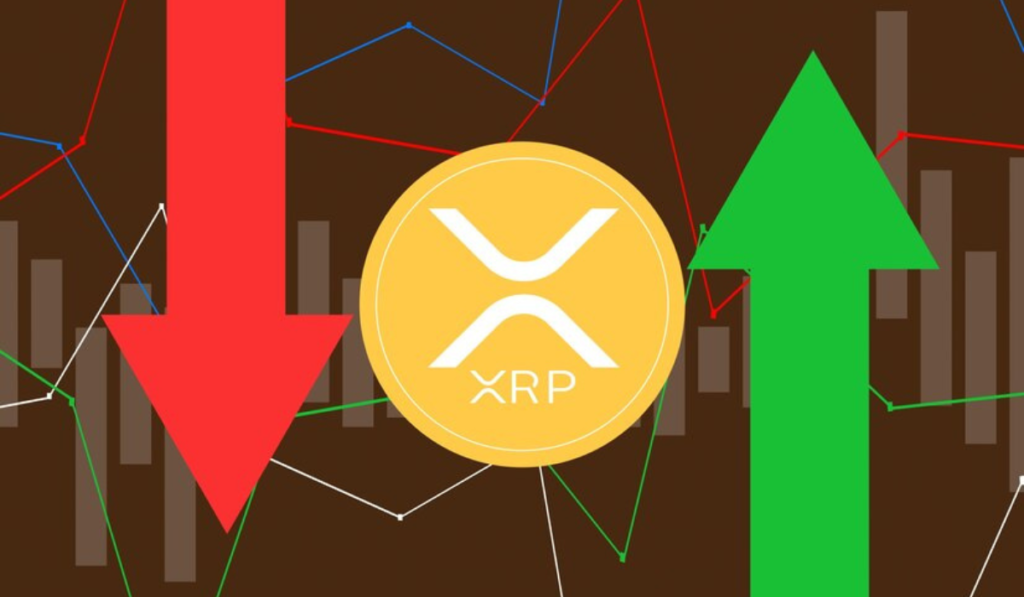Cryptocurrencies have revolutionized the financial world, offering decentralized, secure, and borderless transactions. However, with great power comes great responsibility—especially when it comes to storing your digital assets. Choosing the best wallet for crypto is crucial to ensure the safety and accessibility of your investments.
In this comprehensive guide, we’ll explore the top crypto wallets of 2025, covering hardware, software, and mobile options. Whether you’re a beginner or a seasoned trader, this blog will help you make an informed decision. Let’s dive in!
What is a Crypto Wallet?
A crypto wallet is a digital tool that allows you to store, send, and receive cryptocurrencies. Unlike traditional wallets, crypto wallets don’t store physical currency. Instead, they store private keys—cryptographic codes that grant access to your digital assets on the blockchain.
Think of a crypto wallet as your gateway to the blockchain. Without it, you can’t interact with your cryptocurrencies.
Types of Crypto Wallets
Hardware Wallets
Hardware wallets are physical devices that store your private keys offline, making them immune to online hacks. They are considered the most secure option for long-term storage.
Pros:
- High security (offline storage)
- Supports multiple cryptocurrencies
- User-friendly
Cons:
- Costly compared to other options
- Less convenient for frequent transactions
Software Wallets
Software wallets are applications or programs installed on your computer or smartphone. They are more convenient than hardware wallets but less secure since they are connected to the internet.
Pros:
- Easy to use
- Free or low-cost
- Great for daily transactions
Cons:
- Vulnerable to malware and hacking
- Requires regular updates
Mobile Wallets
Mobile wallets are apps designed for smartphones. They are ideal for users who need quick access to their crypto on the go.
Pros:
- Portable and convenient
- Often include additional features like QR code scanning
- User-friendly interfaces
Cons:
- Security depends on your phone’s safety
- Limited storage capacity
Web Wallets
Web wallets are online platforms that store your private keys on their servers. They are accessible from any device with an internet connection.
Pros:
- Easy to access
- Often integrated with exchanges
- No installation required
Cons:
- High risk of hacking
- Reliance on third-party security
Paper Wallets
Paper wallets involve printing your private keys and addresses on paper. They are completely offline, making them secure from cyber threats.
Pros:
- Immune to online attacks
- Cost-effective
Cons:
- Prone to physical damage or loss
- Not user-friendly for beginners
Key Features to Look for in a Crypto Wallet
When choosing the best wallet for crypto, consider the following features:
- Security: Look for wallets with two-factor authentication (2FA), multi-signature support, and encryption.
- Supported Cryptocurrencies: Ensure the wallet supports the coins you own or plan to invest in.
- User Interface: A clean, intuitive interface makes managing your crypto easier.
- Backup and Recovery: Choose wallets that offer seed phrases or backup options.
- Customer Support: Reliable customer service is essential for troubleshooting issues.
Top 5 Best Wallets for Crypto in 2025

1. Ledger Nano X
The Ledger Nano X is a top-tier hardware wallet known for its robust security and support for over 1,800 cryptocurrencies.
Key Features:
- Bluetooth connectivity for mobile use
- Large storage capacity
- Secure element chip for enhanced protection
Best For: Long-term investors and security-conscious users.
2. Trezor Model T
The Trezor Model T is another leading hardware wallet with a touchscreen interface and open-source software.
Key Features:
- Supports 1,600+ cryptocurrencies
- Easy-to-use touchscreen
- Advanced security features
Best For: Users who prioritize transparency and ease of use.
3. Exodus Wallet
Exodus is a popular software wallet with a sleek design and support for 100+ cryptocurrencies.
Key Features:
- Built-in exchange feature
- Staking options for earning rewards
- 24/7 customer support
Best For: Beginners and users who prefer desktop wallets.
4. Trust Wallet
Trust Wallet is a mobile wallet owned by Binance, offering support for a wide range of cryptocurrencies and decentralized apps (dApps).
Key Features:
- Integrated dApp browser
- Staking and earning options
- User-friendly interface
Best For: Mobile users and DeFi enthusiasts.
5. MetaMask
MetaMask is a browser-based wallet that allows users to interact with Ethereum-based dApps and tokens.
Key Features:
- Easy integration with dApps
- Supports Ethereum and ERC-20 tokens
- Customizable gas fees
Best For: Ethereum users and DeFi participants.
How to Choose the Right Wallet for Your Needs

- Assess Your Needs: Are you a long-term holder or a frequent trader?
- Consider Security: Opt for hardware wallets for maximum security.
- Check Compatibility: Ensure the wallet supports your preferred cryptocurrencies.
- Evaluate Ease of Use: Choose a wallet with an intuitive interface.
- Read Reviews: Research user feedback and expert opinions.
Security Tips for Using Crypto Wallets
- Use Strong Passwords: Create unique, complex passwords for your wallets.
- Enable 2FA: Add an extra layer of security to your accounts.
- Keep Your Software Updated: Regularly update your wallet software to protect against vulnerabilities.
- Backup Your Wallet: Store your seed phrases in a safe, offline location.
- Avoid Phishing Scams: Be cautious of suspicious links and emails.
FAQs About Crypto Wallets
Q: What is the safest type of crypto wallet?
A: Hardware wallets like Ledger Nano X and Trezor Model T are considered the safest due to their offline storage.
Q: Can I use multiple wallets?
A: Yes, many users have multiple wallets for different purposes, such as long-term storage and daily transactions.
Q: Are crypto wallets free?
A: Most software and mobile wallets are free, while hardware wallets require a one-time purchase.
Q: What happens if I lose my private key?
A: Losing your private key means losing access to your funds. Always backup your seed phrases securely.
Q: Can I store all cryptocurrencies in one wallet?
A: Not all wallets support every cryptocurrency. Check the wallet’s compatibility before use.
Conclusion
Choosing the best wallet for crypto is a critical step in safeguarding your digital assets. Whether you opt for a hardware wallet like Ledger Nano X, a software wallet like Exodus, or a mobile wallet like Trust Wallet, prioritize security, usability, and compatibility.
Ready to dive deeper? Share this guide with fellow crypto enthusiasts, or explore our The Ultimate Guide to Cryptocurrency Wallets: Everything You Need to Know next. Have questions? Drop a comment below!








1 thought on “The Ultimate Guide to Choosing the Best Wallet for Crypto in 2025”